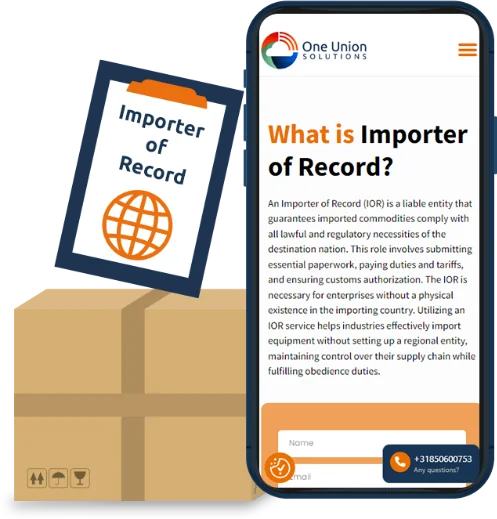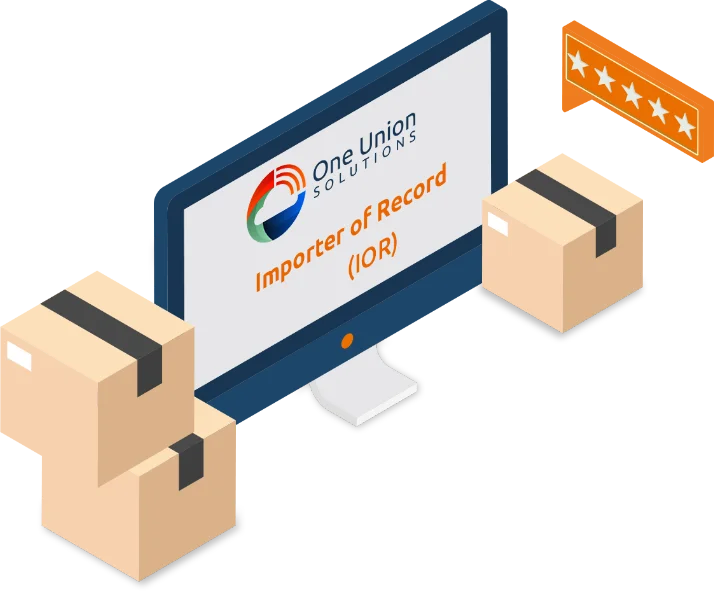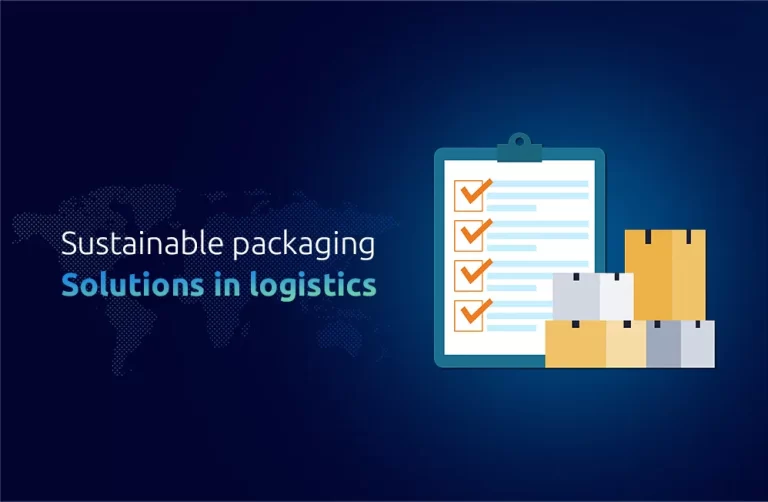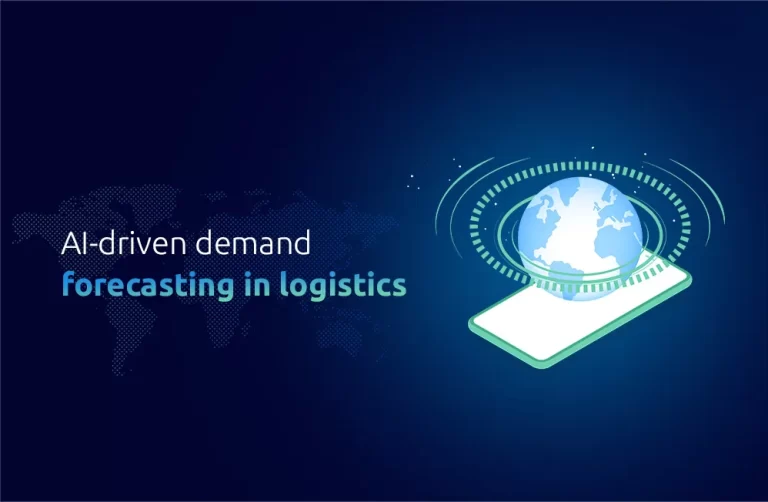Swiss Import-Export Regulations for the Tech Industry
In Switzerland, IT and telecom equipment can be imported and exported according to specific regulations. It regulates safety and quality standards for telecommunications equipment imports and exports through the Swiss Federal Office of Communications (OFCOM). Depending on the situation, a declaration of conformity (DoC) and Swiss Accreditation Service certification may be needed. Furthermore, businesses have to consider potential import duties and taxes, including VAT, which is 7.7%. In addition, non-compliant equipment may have additional charges.
Importing into Switzerland: The Complexities
Over the past few years, Switzerland’s IT industry has developed consistently, with projections of a turnover of 18.3 billion dollars by 2021. Because of its reputation as an innovative country, it’s going through a rapid development wave fueled by many industries. Due to several free trade agreements with countries and territories worldwide, Switzerland has integrated well with the rest of Europe even though they’re not in it. Therefore, Switzerland has cemented its reputation as a top destination for IT hardware imports.
There are, however, some major challenges to cross the country’s road freight industry, including the need for specific entry permits. Carriers levying excessive charges are more common with certain carriers than others, so selecting the right partners is crucial. Businesses interacting with Switzerland’s road freight industry must exercise prudence as the IT industry thrives. In this dynamic and lucrative market, you have to partner with reputable carriers and stay up-to-date with regulatory requirements.
Here’s how One Union Solutions can help you in Switzerland
- Stress-free IOR Services for Your Imports to Switzerland
Businesses importing medical, tech, aviation, and automotive equipment into Switzerland can use One Union Solutions’ IOR Services for seamless shipping without delays. With over 170+ countries in our global network and reliable time-critical transport, your imports will arrive on time every time. By relying on our expertise and services, we’ll act as your Importer of Record Services in Switzerland, without you having to set up your own business. - Your Trusted Partner for Exporter of Record Services in Switzerland
Besides being an IOR for IT deployments, One Union Solutions also offers Exporter of Record services for international shipping. Including real-time tracking and visibility into export progress, we take care of everything for smooth exports. It’s our responsibility to comply with Swiss customs regulations and requirements, ensuring the export process flows smoothly. Count on us as your trusted Exporter of Record partner in Switzerland.
The Import-Export Law for the Medical Industry
Medical products in Switzerland are highly regulated, with strict import and export laws to make sure they’re safe and effective. Regulations for medical devices and equipment must be followed by Swissmedic. It’s the authority that supervises difficult products and medical devices. All medical devices imported into Switzerland must be registered with Swissmedic, which ensures their safety and performance. Medical devices may also be subject to import duties depending on how they’re classified. Certain medical devices are exempt from import duties if they’re classified as “essential.” However, medical devices that aren’t classified as “essential” may have import duties of up to 5.5%.
Import-Export Regulations for the Automotive Industry
Foreign vehicles and components are one of the main sources of revenue for Switzerland’s automotive industry, which relies heavily on imports. Dealing with the country’s import regulations is important when importing or exporting vehicles. Imports and exports of vehicles are regulated by the Federal Roads Office, which conducts safety inspections and issues import permits. Imports of cars to Switzerland get taxed and duties. Depending on the type and age of the vehicle, the import duty varies, and the VAT rate for automotive imports is 7.7%. Vintage cars and some types of vehicles could be subject to additional regulations.
Aviation Industry Import-Export Regulations in Switzerland
To ensure safety and security, Switzerland’s aviation industry is highly regulated. You have to conform with specific regulations and certifications to import or export aviation equipment. In Switzerland, all aviation equipment must conform to the safety and performance standards of the Federal Office of Civil Aviation (FOCA). Some aviation equipment, like aircraft engines, need European Aviation Safety Agency (EASA) certification. The classification and origin of aviation equipment and parts could also affect import duties and taxes.
The rules of imports and exports can be tough, especially for small businesses. The paperwork will require a lot of time and effort, and it will be a hard struggle. Businesses can simplify their import and export processes through the use of importer records (IoR) like One Union Solutions which take care of the regulatory requirements surrounding imports and exports.
Did you know:
Switzerland was the number 20 economy in the world in terms of GDP (current US$), the number 17 in total exports, the number 19 in total imports,








